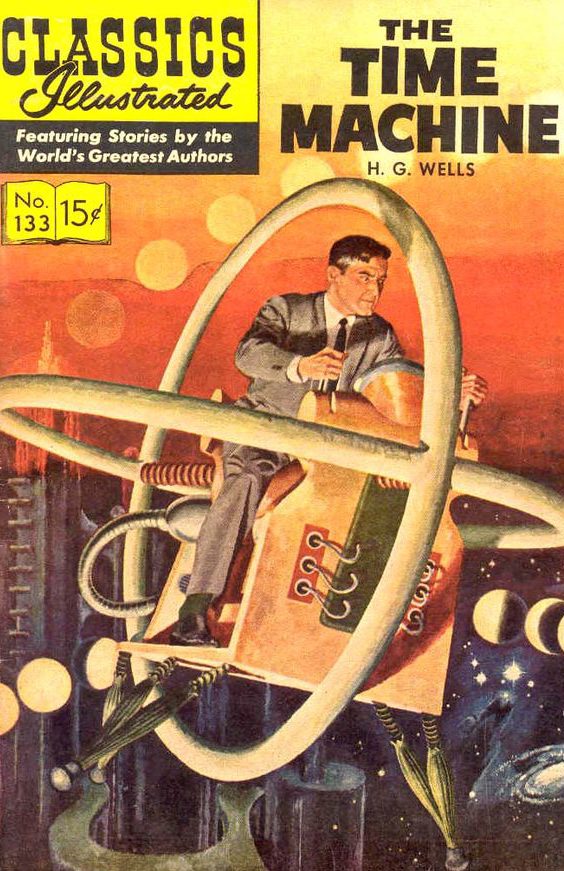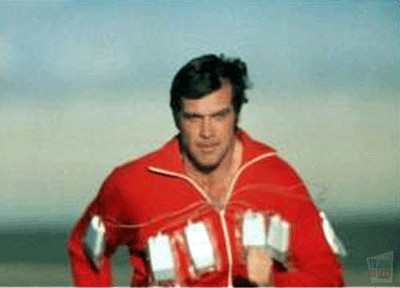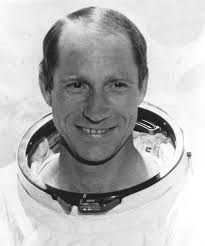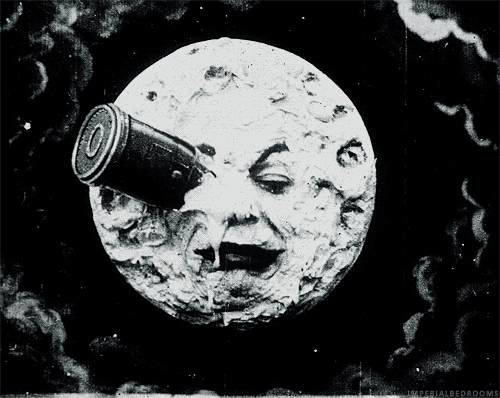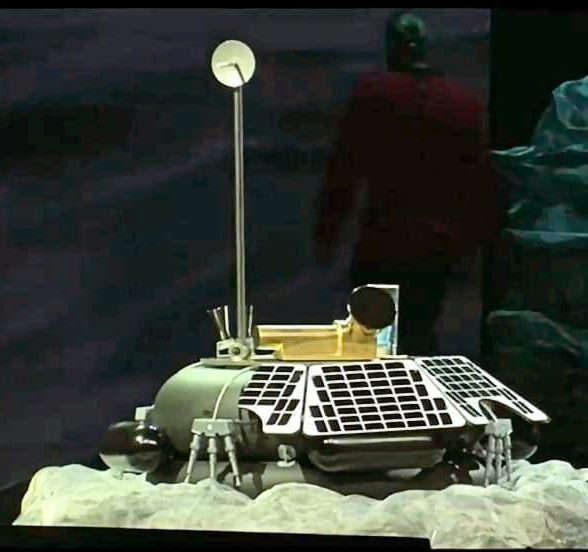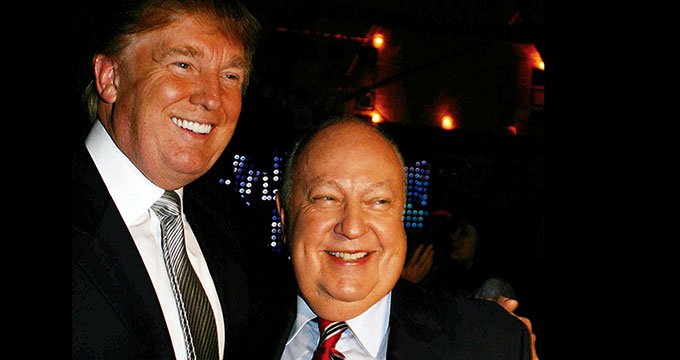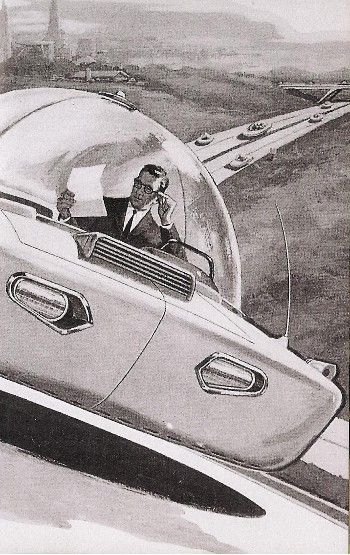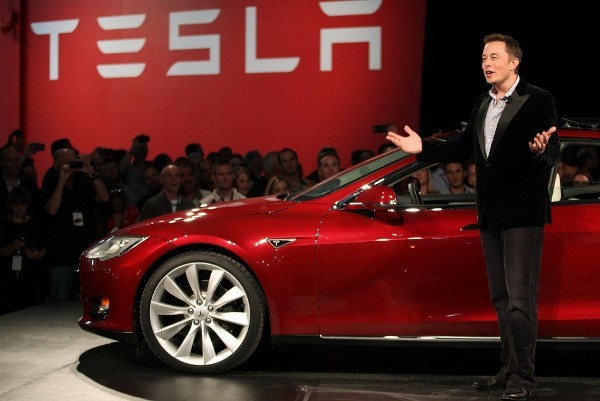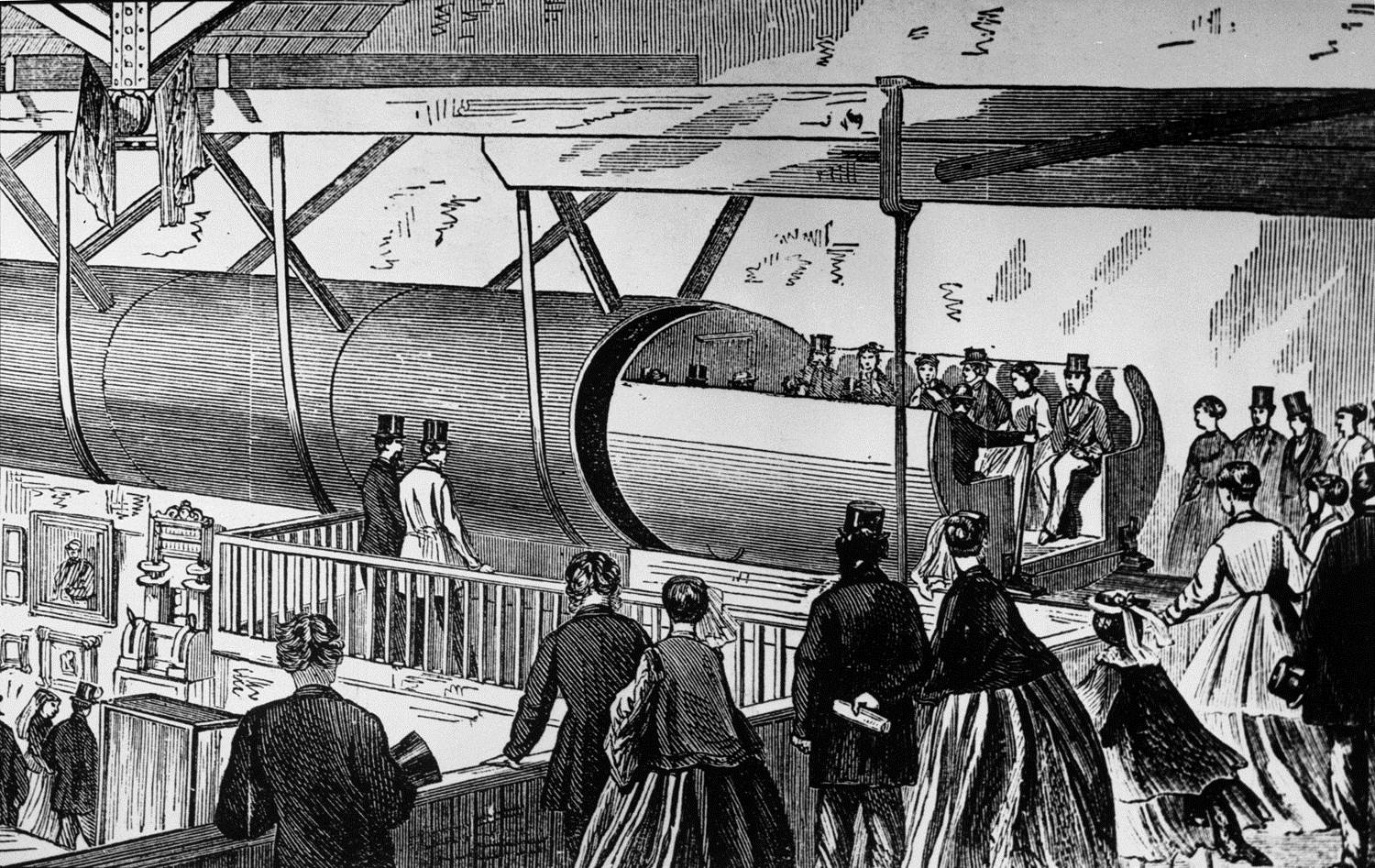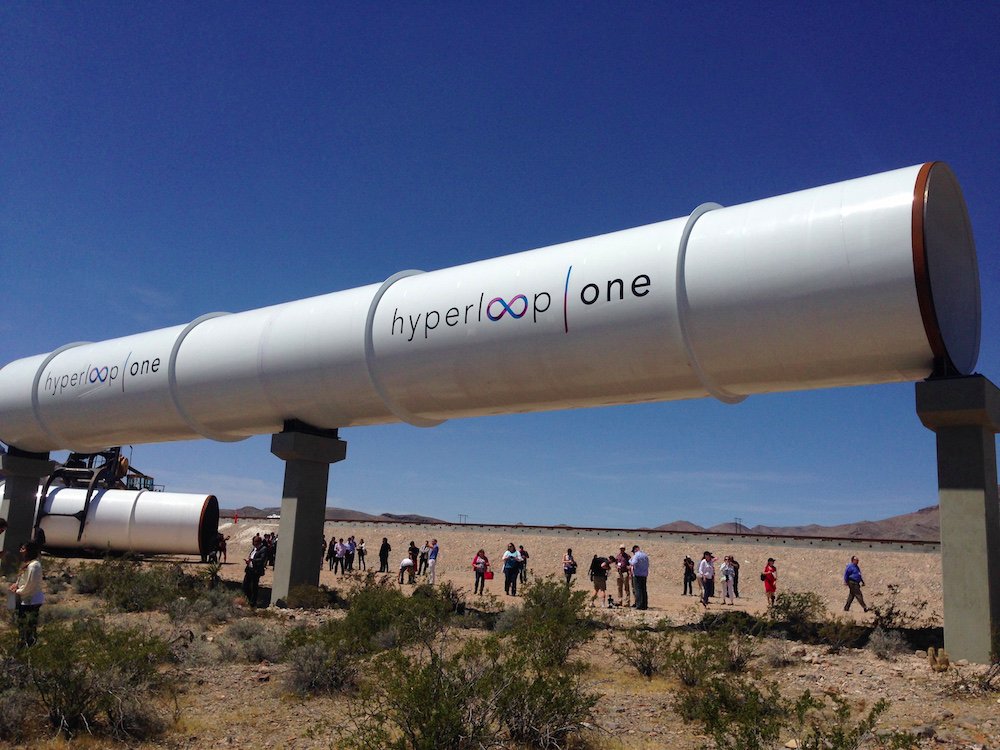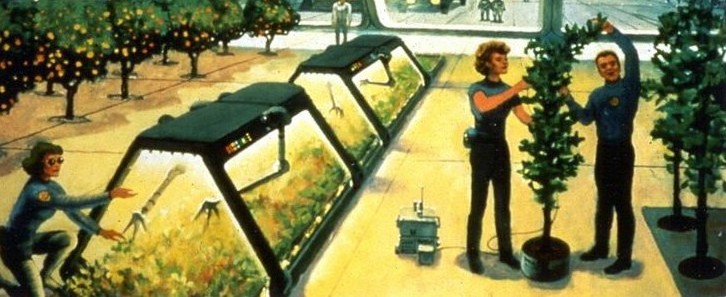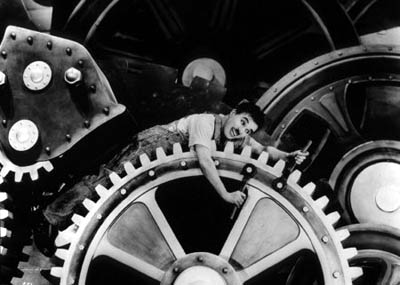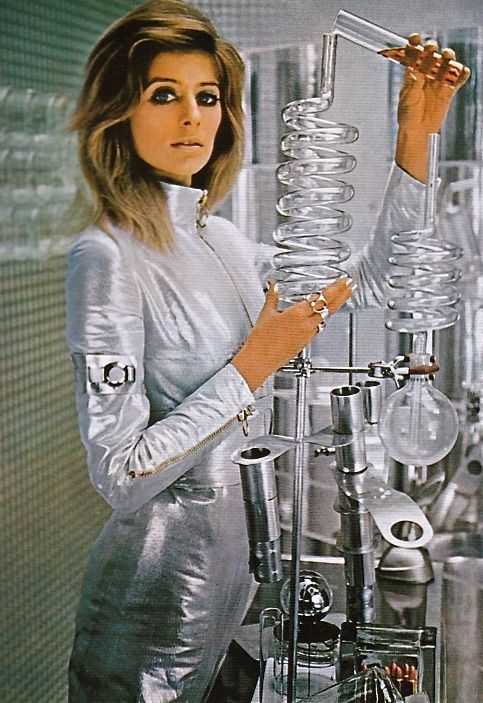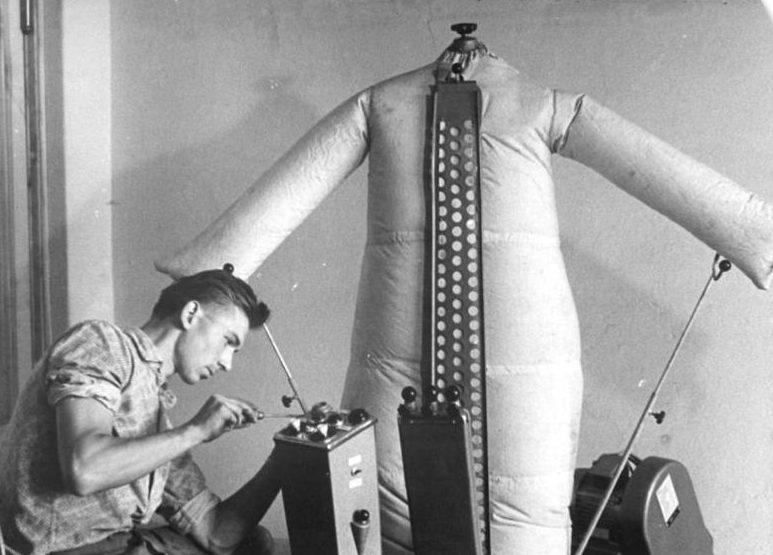Donald Trump, the size of a bread truck and 3x as dense as the planet Neptune, loves pointing out the struggles of contemporary newspapers and magazines as a petty means of avenging their accurate reporting on his disgusting, rudderless campaign. But let’s not forget that several times in a far more kindly climate for print, the hideous hotelier’s attempts at glossy success rained red ink over all involved.
In the smart Politico piece “I Survived ‘Trump’ Magazine—Barely,” Carey Purcell, one of his former publishing-biz employees, recalls learning the hard way of the hideous hotelier’s suspect business acumen. The opening:
I had been at Trump magazine for only four months when my first paycheck bounced.
We’d heard rumors of the company’s financial troubles, but I had no idea how bad it really was until my landlord called me one afternoon to tell me that my rent check hadn’t cleared. I logged into my online banking account and saw, to my amazement, that the magazine I worked for—the one with the billionaire’s name on the cover—had stiffed me. Although it was a stressful moment, the irony was not lost on me. It felt like I was living in an Onion article: “Luxury Lifestyle Magazine Can’t Pay Its Own Employees.”
It was the fall of 2006, and Trump magazine was my first job in journalism—albeit as the receptionist. I’d landed the gig by answering an ad on Craigslist. Fresh out of journalism school, I moved to New York with two undergraduate degrees, my student loans, some meager savings and dreams of becoming a theater critic. The receptionist gig paid a paltry $25,000 per year—barely minimum wage. And that was when the checks cleared.
Personally, I had never been a fan of Donald Trump and knew very little about the man. I had never seen The Apprentice and I was hardly a real estate expert. The piles of fan mail that arrived at our office addressed to him—filled with adoring testaments to his “genius”—amused me to no end. We received handwritten letters asking for money, a formal request for Donald’s daughter Ivanka to escort a woman’s son to his Junior Ring Dance at the Air Force Academy, and incoherent six-page rants about the state of the economy and how Trump was the only man who could fix it. One letter stated, “I sincerely hope you will run for president someday.”
Before I was hired at Trump, the magazine had already gained a reputation, most of which I wouldn’t find out about until after it folded. And by that time, I had been diagnosed with cancer and—thanks to Trump—lost my health coverage.•



